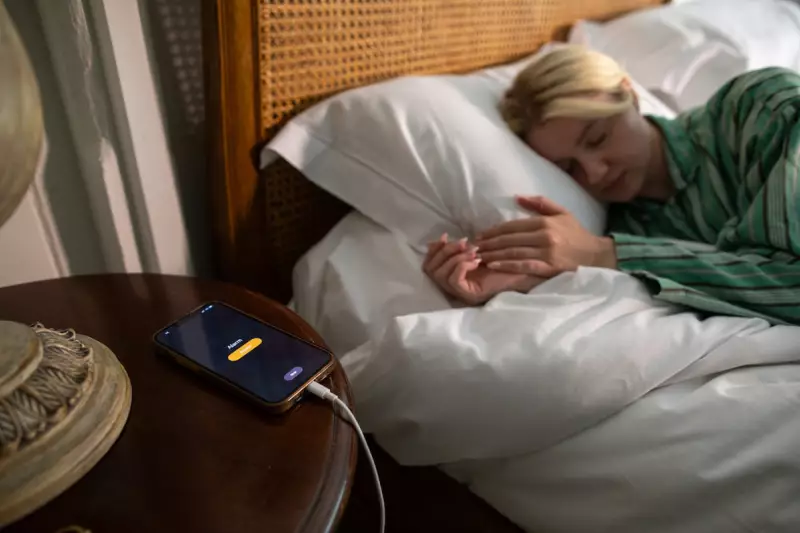
As the winter months draw in and daylight hours shorten, many Brits find themselves battling persistent fatigue and dwindling energy levels. The solution, according to sleep experts, lies not in endless cups of tea or caffeine fixes, but in mastering the art of sleep hygiene.
The Winter Energy Crisis
The combination of reduced sunlight, colder temperatures, and disrupted routines creates a perfect storm for seasonal fatigue. Our circadian rhythms—the body's internal clock—become disturbed, leading to poor sleep quality and daytime exhaustion that can affect both productivity and mood.
Transform Your Sleep Sanctuary
Creating the ideal sleep environment is crucial during winter months. Experts recommend:
- Temperature control: Maintain a cool bedroom temperature between 16-18°C
- Light management: Use blackout curtains to ensure darkness and consider a dawn simulator alarm clock
- Digital detox: Eliminate blue light from devices at least one hour before bedtime
- Comfort optimisation: Invest in quality bedding and consider a weighted blanket for added comfort
Master Your Evening Routine
Establishing consistent pre-sleep rituals signals to your body that it's time to wind down. Effective strategies include:
- Setting a fixed bedtime, even on weekends
- Practicing relaxation techniques like meditation or gentle stretching
- Avoiding heavy meals and alcohol close to bedtime
- Creating a "worry journal" to clear your mind before sleep
Morning Matters: Start Your Day Right
How you begin your morning significantly impacts your evening sleep quality. Experts emphasise:
Light exposure: Seek natural morning light whenever possible, or use a light therapy box during particularly dark mornings. This helps regulate melatonin production and reinforces your natural sleep-wake cycle.
Consistent wake times: Maintaining regular waking hours—even after a poor night's sleep—helps stabilise your circadian rhythm over time.
Beyond the Bedroom: Lifestyle Adjustments
Winter sleep hygiene extends beyond bedtime habits. Regular exercise, balanced nutrition, and stress management all contribute to better sleep quality. However, avoid vigorous exercise too close to bedtime, as it may interfere with your ability to fall asleep.
By implementing these evidence-based sleep hygiene practices, you can combat winter fatigue and maintain optimal energy levels throughout the colder season. Remember, consistency is key—small, sustainable changes to your sleep routine can yield significant improvements in how you feel and function during winter days.





